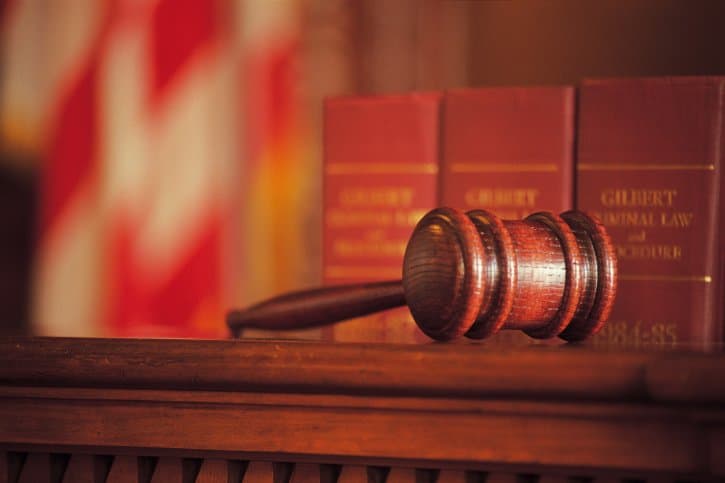In what is a significant victory for religious liberty, freedom of conscience and common sense, the U.S. Supreme Court ruled May 5 in favor of the town of Greece, N.Y., which had been sued for opening local government meetings with a prayer, often Christian in nature. In the 5-4 ruling authored by Justice Anthony Kennedy and supported by the other four conservative justices, the court said that opening local government meetings with sectarian prayers does not violate the Establishment Clause as long as no particular faith is advanced or disparaged and residents are not coerced. Bottom line for Christians: Local governments are free to open their proceedings with prayer – led by Christians who may pray in “Jesus’ name” – as long as no other religion is disparaged and attendees are not forced to pray the same way or at all.
The case, Town of Greece v. Galloway, began in 2007 when a Jew and an atheist sued the city because it was opening its meetings exclusively with Christian prayers. Susan Galloway and Linda Stephens lost their case before a local court, which sided with the city of about 100,000 outside of Rochester. But a federal appeals court overturned the local court ruling, setting the stage for the U.S. Supreme Court’s decision favoring the city.
Galloway and Stephens argued that the prayers in Greece were unconstitutional because they forced attendees to participate. They argued that unlike federal and state government meetings, town board sessions are attended by residents who must appear for a variety of reasons, ranging from business matters to zoning issues.
The court had upheld the practice of legislative prayer in the 1983 case (Marsh v. Chambers) involving the Nebraska legislature. In that case the Supreme Court ruled that such prayers were constitutional, with Chief Justice Warren Burger stating that the prayers were “part of the fabric of our society.” The decision banned only those prayers that advanced or disparaged a particular religion.
It is hard to believe how the four liberal justices could rule against Greece given both houses of Congress have opened with prayer since 1789 and most state legislatures open with prayer. Had the court ruled against Greece, it would have put government officials in the untenable position of “referee,” acting as supervisors and censors of religious speech. “As a practice that has long endured, legislative prayer has become part of our heritage and tradition, part of our expressive idiom, similar to the Pledge of Allegiance, in augural prayer, or the recitation of ‘God save the United States and this honorable court’ at the opening of this court’s sessions,” Kennedy wrote.
It should be noted that while most state legislatures open with prayers, many are non-sectarian and must conform to guidelines. Perhaps that will change given the Greece ruling. All faiths may pray now as their conscious dictates – including Christians who may pray and acknowledge Jesus – as long as they do not disparage other religions or force people to participate. In the Greece ruling the court acknowledged that if people did not want to participate, they are free to walk out.
The Ethics and Religious Liberty Commission of the Southern Baptist Convention filed a “friend of the court” brief in the case last fall, authored by Kansas City attorneys Michael and Jonathan Whitehead, both members of Abundant Life Baptist Church in Lee’s Summit. Michael Whitehead serves as general counsel for the Missouri Baptist Convention. Both are Alliance Defending Freedom (ADF) attorneys. ADF defended Greece in the case.
“Many Americans will find this decision full of uncommon common sense,” said Michael Whitehead. “It is an answer to prayer that this decision is clear on the right of we people to pray in public meetings.
“Public officials need not parse the words of public prayers to require that they be non-sectarian, whatever that means. The Supreme Court has left the parsing to the parsons. This does not establish a particular religion, but establishes religious freedom and mutual respect.”
Michael is absolutely correct in pointing out that the court’s majority plainly states that prayers in Jesus’ name are not unconstitutional. “Listeners may respectfully disagree, but complaining they feel offended does not make out a violation of the Establishment Clause,” he added.
Jonathan Whitehead points out that the court majority also “put to rest the silly notion that the Town of Greece had a duty to be so inclusive of other religions that they must recruit people from distant cities to come pray at the Greece city council.”
Let us give thanks to God for this ruling. Now let us pray for a similar ruling next month in another very important case: Hobby Lobby.

